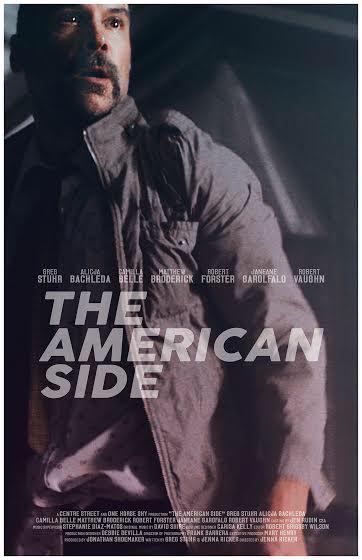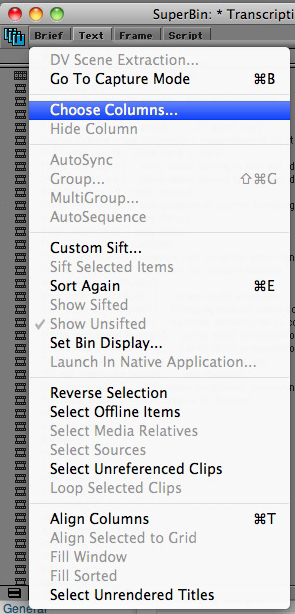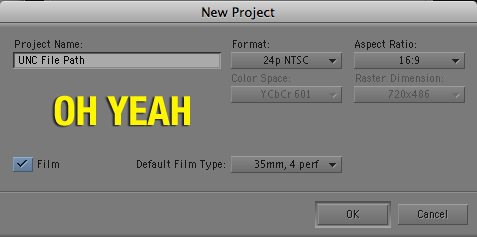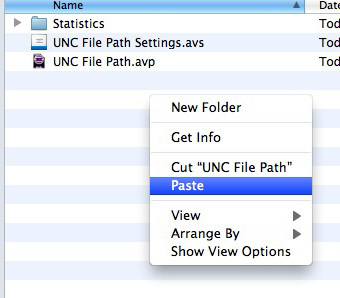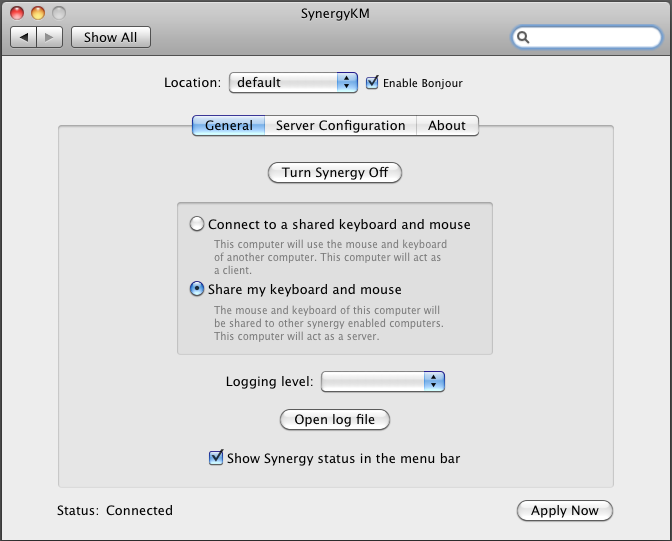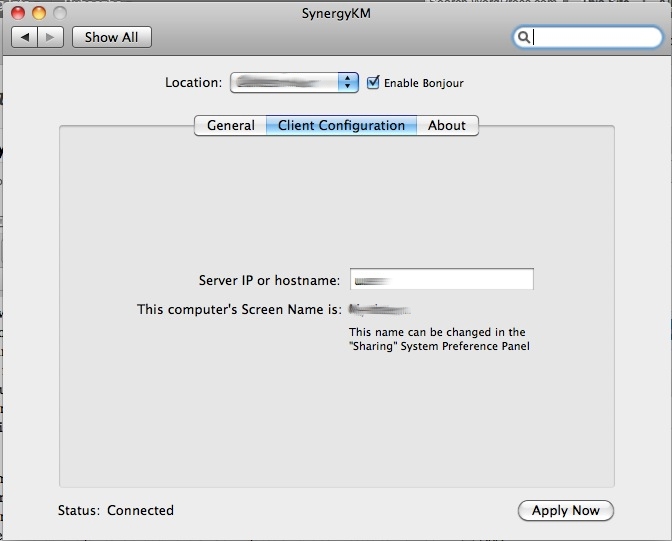A quick thought before I get into my rant: don't you just hate it when your day job takes you away from something you really want to be working on?
Right after Apple's well-documented, well-staged NAB presentation of the new features of FCPX, I went right to Wordpress and started drafting an article with the title: "What if FCPX is not awesome?" I then proceeded to go right back to my 60-hour-a-week gig with little time to think about blogging. Smart, Rob. That was months ago. Now that I'm back to funemployment, all I can think is how I wish I had finished that article. Instead, I'm here with my late-to-the-game opinion.
The thoughts I wanted to get down on paper the internet were a few musings on how big a gamble it was for Apple to completely re-write FCP and how many changes it could create in our industry if it was a flop. I wanted to talk about how, if indeed FCPX was indeed not awesome, it was going to tarnish Apple's reputation as a company of not only great consumer apps like iPhoto but also high-end professional ones like Final Cut Pro and Logic. I was going to prognosticate that Adobe and Avid would be jumping for joy, but I was also going to say how worried I was if suddenly our entire post-production ecosystem is devastated.
So now I say, with no great joy and without getting into too much more hyperbole: FCPX is not awesome. I won't go into listing out how FCPX has major problems. Chances are, if you ended up here, you already know most of the issues. If you need a refresher, check here, here, here, here, and here, and read a simple list of what it simply does not do anymore here. Or you can just watch this video made by Conan O'Brien's editing team (shouts to @robtheeditor and @ddandthecups) which basically sums up everything you need to know about the consensus opinion:
[youtube=http://www.youtube.com/watch?v=LxKYuF9pENQ&w=400&h=260]
So then where does this leave us? Well, for starters, disappointed. I have been using Final Cut Pro since 1.0, the very beginning. It was my first real introduction to non-linear editing. Hell, I did ten times my film school projects in my dorm-room on FCP than I ever did on any of the school's editing stations. I certainly knew more about FCP then Avid or Adobe when I left school. FCP was a welcomed addition to the marketplace because it was relatively inexpensive, easy to use, and robust. To see it now neutered, that's a hard pill to swallow.
But we're here now, so eventually we must reach the last stage of grief: acceptance. We must accept that now there is one less professional-grade editing software on the market. Our baby has been put out to pasture. But lo-and-behold, part of me actually feels relieved and excited about the future of post-production. Could it be that Apple has actually helped us? "But Rob, whatever do you mean?" you say. The key is this: barriers to entry.
About a year ago, I wrote a two-part piece on getting into the Motion Picture Editor's Guild (Part 1, Part 2). In it, I wrote about inexpensive non-linear editing systems and the problems that poses for making a living as an editor:
Experience aside, one once needed access to extremely pricey equipment to be able to hone one’s skills and practice as an editor. This provided an extra barrier to entry for anyone trying to get into the business. With the introduction of [Final Cut Pro], it has become easy for any person with about $5000 to be able to create a broadcast-capable editing system. [...] That has made it easy for young kids in high school and college (I’m speaking about yours truly and many following after me) to learn the skill of editing quite easily.
But today, it seems the tide as shifted back somewhat. Not completely, but somewhat. At the time I wrote that, the $5,000 number came from my loose budgeting around a Mac laptop, a copy of Final Cut Studio 3, some extra RAM and peripherals, and maybe some hard drives to boot. I was not considering the $2500 price-tag for Avid Media Composer or Adobe Master Suite. It seems now, though, that my math should be adjusted, because I would never call the current version of FCPX broadcast-capable. And given that math, it seems that a broadcast-capable edit suite just went up in price.
In the past, many new post houses and editors chose Final Cut Pro over Avid or Adobe because of budget. There were always small arguments to be made for which fit the required workflow the best but, in truth, all three basically provided the same functionality. The exception to this was that FCP cost much much less. Since the release of FCPX, though, the paradigm has changed. Now, I'd be willing to bet that the average beginning filmmaker will spend their money on the new FCPX while most professionals and production companies will focus on Media Composer and Premiere. And why shouldn't they? FCPX is easy to use and does a lot of thinking for you, while Adobe and Avid provide support for nearly every type of production and the architecture of the software is scalable up to the largest projects. But, because not every level of editor requires the same software, us professionals can breath a sigh of relief about some young kid with a Mac and FCP asking for half our rate and thusly eating our lunch. It's not that easy anymore.
Before, someone could buy FCP7 and cut their home movies on it while reading the press about how Walter Murch and the editors from The Social Network used the same software to edit Oscar-winning films. (Side note: has anyone interview these people about for their thoughts on FCPX? Can someone please get on that? Send me a link!) While that was great to imagine, believing that was simply drinking Apple's Kool-Aid. Not all editors need the same software. Here's an example: in-the-field documentarians and journalists don't need a particularly robust editor. They just need to get their footage in, view it, tweak it, and spit it out fast to Youtube, CNN iReport, and so on. They don't need advanced media-management tools for dealing with terabytes of footage. They don't need power-windows and secondary color-correction effects. They don't need the ability to export data and sequences for Pro-Tools, Resolve, or Smoke. And now there's software to serve their needs. This is good.
But this new version of Final Cut Pro is also good for editors who need more advanced tools, in the way that it pushes professionals to harder-to-reach software. There used to be two levels of software: consumer and professional. Now, though, Apple has created a new class of software that requires an intermediate-level knowledge of editing and post, but not a mastery. And so, for those of us out there who are required to be masters, the talent pool just got smaller. And that's also a good thing. Now, I don't need to look over my shoulder as much, wondering when the next development is going to take away the need for an Assistant Editor, or whether some new hotshot film director is just going to cut out the need for an editor entirely and cut their projects themselves. Apple is revolutionizing the prosumer market, and there's no shame in that. From where I sit, the more prosumers we have, the more it separates me from everyone else.
PS: Just caught this as I was writing this, from the ever-excellent Revision 3 show Film Riot. It's another good primer on the good and bad of FCPX, and recommends it exactly to who the software is targeted to: the beginner. Please let me know what you think in the comments. I'd love feedback on my thoughts. Also thanks to @therealjimhall for his feedback.
One other small post-script: I fear for the life of Aperture and Logic. If I use those programs on a daily basis, I'd be very afraid of this trend.
[youtube=http://www.youtube.com/watch?v=-JBZXQV7hTI&feature=player_embedded&w=400&h=260]



